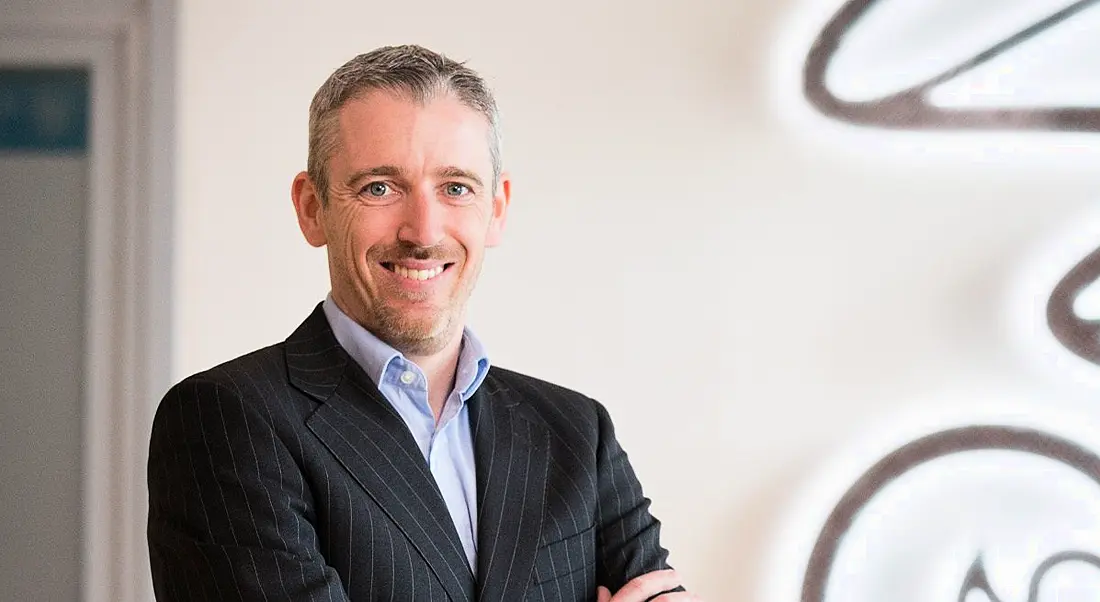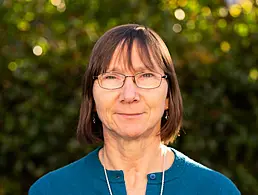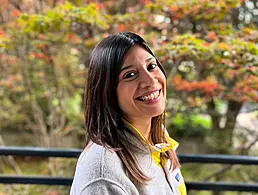Behind every company is a strong HR backbone supporting its staff. But how can you become a part of that backbone?
Every organisation is different, from small start-ups to multinational giants, from tech companies creating the latest innovation to retail companies promoting their products.
However, every company in the world has one thing in common: people. Every organisation has a number of employees, be it 10 or 10,000. That’s where human resources professionals come in.
Mark Redmond is the people and property director of Three Ireland. With roughly two decades of HR experience behind him, he knows all about what it’s like working with people.
What first stirred your interest in a career in this area?
There’s no one moment that I can point to and say, “That’s when I decided on my career path,” but I became interested in organisational psychology in university and this led to me taking my first role in the area of human resources. I enjoyed it, and have continued to learn from each role as I have progressed through my career. This has kept me interested in the area.
What steps led you to the role you now have?
Following a BA in psychology, I completed a master’s degree in business studies, specialising in human resource management. I worked in a number of human resources roles – several with responsibility for multiple international sites – before joining Three in April 2007.
What were the biggest surprises or challenges you encountered on your career path?
The biggest challenge was integrating two companies at speed, when Three acquired O2 in July 2014. I had the challenge to overhaul structures, policies, and terms and conditions, and create a new company culture while still competing in a dynamic marketplace.
Managing organisational change of this scale required the creation of an extensive plan, management of a great team, a commitment to a set of agreed principles and lots of hard work.
Was there any one person who was particularly influential as your career developed?
There isn’t any one person that has influenced my career decisions, but I have been lucky to work with some amazing teams – including my team at Three – that ensure I’m continually motivated and challenged at work.
What do you enjoy about your job?
I take a lot of satisfaction from the growth I have seen in our business over the last few years as we continue to gain market share.
I also like seeing the confidence people get from delivering something really well. I really enjoy seeing people grow in their jobs by taking on challenges, achieving things they doubted they could accomplish, and developing within the organisation. In fact, more than 50pc of vacancies at Three are filled through internal moves, and I’m delighted that my team can offer many development options for our employees.
What aspects of your personality do you feel make you suited to this job?
Although it’s less of a personality trait and more of a value, being fair is very important in this job. Decisions that I take can have significant impacts, both positive and negative, on our employees. I am very conscious of consistency in the decisions that I take. I don’t expect everyone to agree with me all the time, but decisions will be fair and in line with the values of our organisation.
How did Three support you on your career path, if at all?
My role has grown significantly with Three over the last 10 years. When I joined the business, we had 70 employees and we had about 1pc market share. We now have 1,400 employees, 35pc market share and a clear vision of how to take this business to even greater success. Throughout this journey, I have been trusted to lead and develop the people and property function in line with the ambitions of our business.
What advice would you give to those considering a career in this area, or just starting out in one?
Human resources is a broad field, so the first thing to figure out is whether you want to be a generalist with responsibility for a wide portfolio, or specialise and become an expert in a particular area.
Always be aware of the importance of identifying and articulating the commercial implications of your work; people are both a significant cost and a source of competitive advantage for companies.
Finally, work hard and enjoy what you do!




